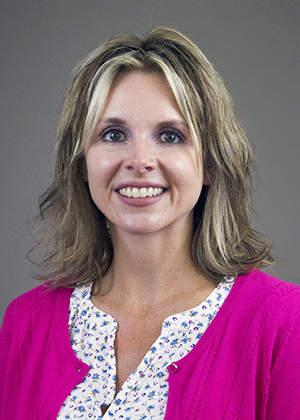Release from WVU Today:
MORGANTOWN, W.Va. — As many Americans take steps to reduce the spread of the coronavirus and keep their families safe, many will be using household cleaning products to clean and disinfect their homes, offices and other spaces. What many don’t know is that if these products aren’t used properly, they can be harmful to your health.
Ami Cook, West Virginia University Extension Service Families and Health Agent in Clay and Braxton counties, offers information, tips and advice for properly cleaning and disinfecting your home to keep your family (and pets) safe.
Audio File:Use of EPA-Registered disinfectants/cleaners

“Products that use the word ‘disinfectant’ must meet government specifications. Look for an EPA Registration Number and specifically follow the manufacturer instructions. According to the American Cleaning Institute there are three types of disinfectants: EPA-Registered Chlorine Bleach, EPA-Registered Disinfectant Cleaners and EPA-Registered Disinfectants.”
Audio File: Mixing cleaners and safety
“Never mix cleaners unless the label says you can. Mixing bleach with vinegar or ammonia will create toxic fumes, that when inhaled, can cause coughing, shortness of breath and even chest pains. Mixing bleach with rubbing alcohol creates chloroform, which is highly toxic.
“Store products where children and pets cannot reach them. Keep the products in their original containers. If mixing a chlorine bleach and water solution clearly mark the container.”
Audio File: Cleaning and disinfecting dirt and germs
“You can’t disinfect dirt. Unless you are using a disinfectant cleaner, you must clean surfaces first. Follow the manufacturer’s directions. Labels on EPA-Registered Chlorine Bleach will provide directions for mixing with water. Clean and disinfect frequently used surfaces often throughout the day.” – Ami Cook, WVU Extension Service Families and Health Agent, Clay and Braxton counties
West Virginia University experts can provide commentary, insights and opinions on various news topics. Search for an expert by name, title, area of expertise, or college/school/department in the Experts Database at WVU Today.






